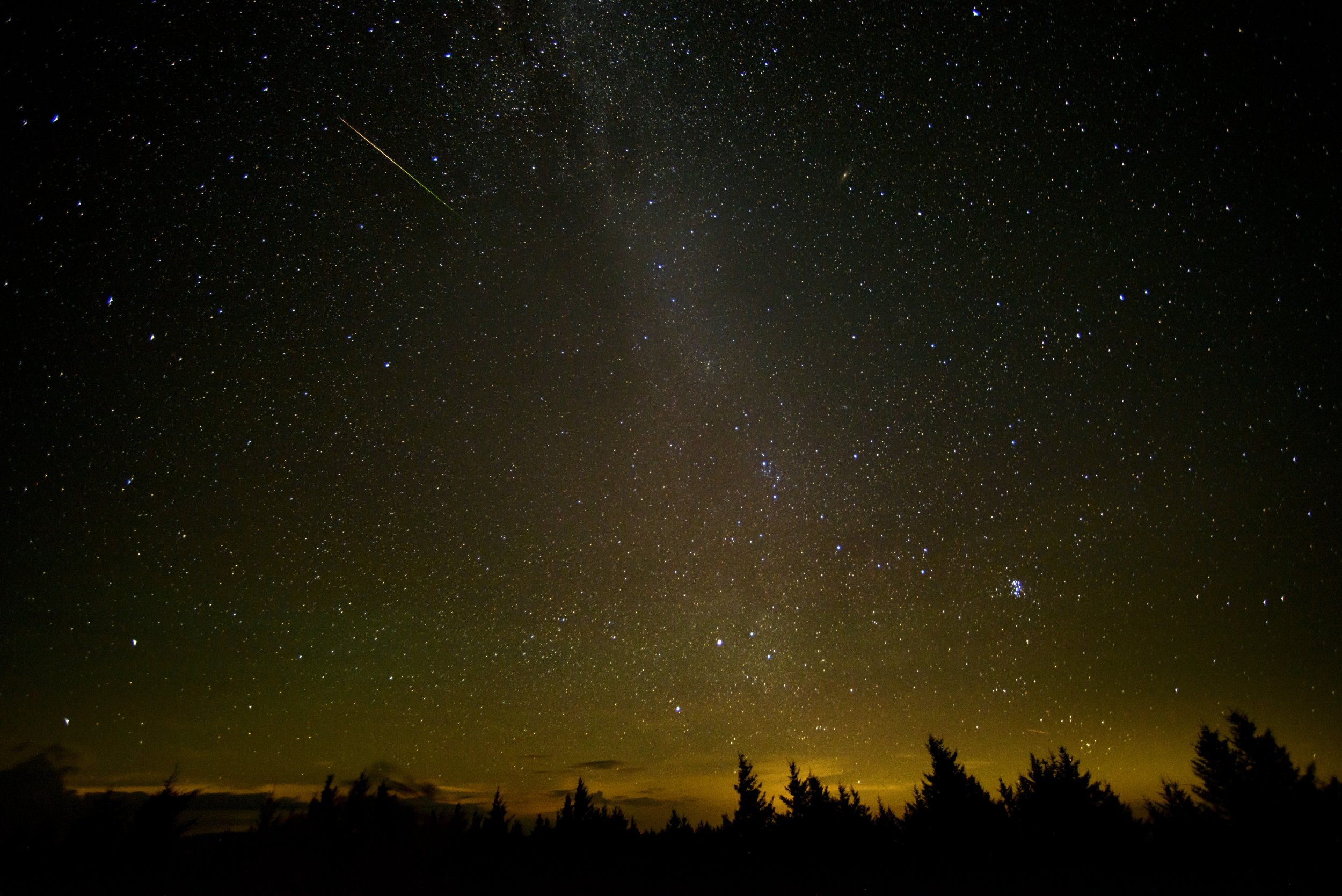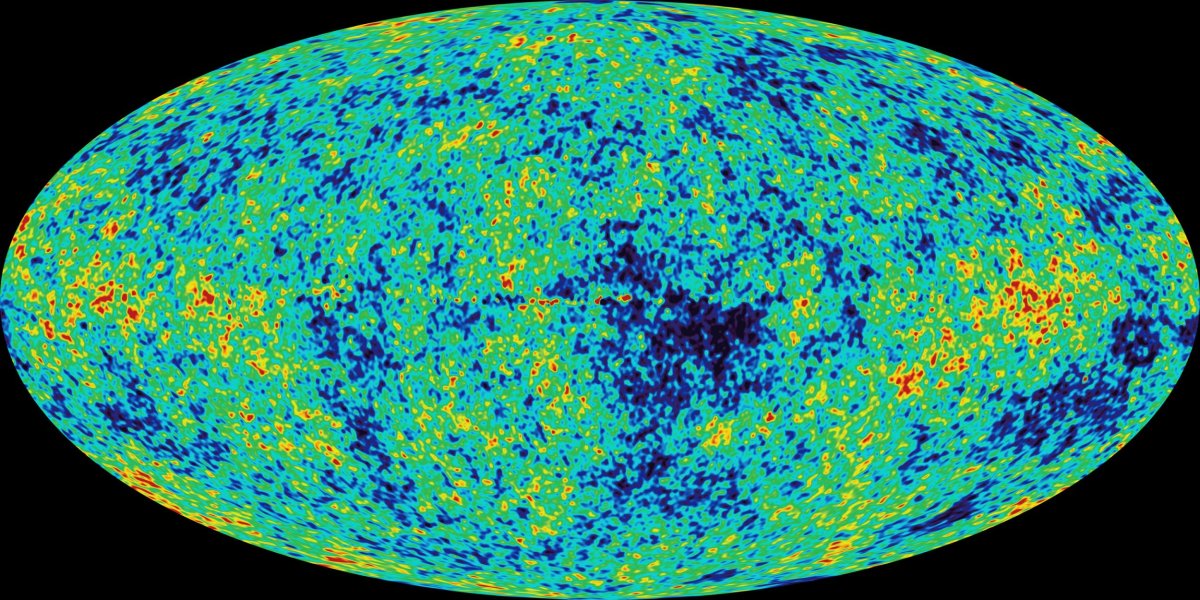
One of the most ancient spiral galaxies ever revealed has been discovered by astronomers in Australia. At 11 billion years old, the A1689B11 galaxy was formed only 2.6 billion years after the Big Bang, making it nearly as old as the universe itself.
The fascinating discovery will hopefully give researchers more insight into how galaxies come together, and ultimately give us a better idea of where we came from and how we came to be.
Although there are an estimated 100 billion galaxies in the universe, A1689B11 may be one of the most oldest. To put A1689B11's age into perspective, the galaxy is about a billion years older than our closest spiral-galaxy neighbor, Andromeda, and nearly as old as our own Milky Way, which scientists estimate is an astonishing 13.6 billion years old. It's not just A1689B11's age that makes it so exceptional. A1689B11 is forming stars about 20 times faster than other galaxies today. In other words, it's acting as a young galaxy despite being ancient.
"Unlike other galaxies of the same epoch, A1689B11 has a very cool and thin disc, rotating calmly with surprisingly little turbulence," said lead researcher Tiantian Yuan of Swinburne University of Technology, Phys reported. "This type of spiral galaxy has never been seen before at this early epoch of the universe."
The team, made up of researchers from Swinburne University of Technology and the Australian National University, were able to find A1689B11 using an extremely high-power instrument called a near-infrared integral field spectrograph (NIFS) on the Gemini North telescope in Hawaii. The NIFS was developed by researchers at ANU, and takes advantage of gravitational lenses, a type of "natural telescope" in which clusters of galaxies and dark matter help to bend and magnify light in the universe, allowing scientists on Earth to get a better idea of what exists far beyond reach of the naked eye. This technique allowed the team to calculate the galaxy's age and overall spiral shape with "unprecedented detail," Yuan explained.
The finding alone is a remarkable, but what it could tell us about the formation of galaxies such as our own is what scientists are especially excited about. A1689B11, and other ancient spiral galaxies, may be key to helping us understand how galaxies are originally made. In general, galaxies are classified according to the Hubble sequence. This organizes all galaxies into three main categories based on their shape: elliptical, spiral and irregular. However, what causes galaxies to take these shapes is unclear. A1689B11 may help us better understand this mystery.
For now, international researchers will continue to study A1689B11 and other galaxies like it in the hopes of unraveling some of the many secrets our universe has kept hidden for many billions of years.

Uncommon Knowledge
Newsweek is committed to challenging conventional wisdom and finding connections in the search for common ground.
Newsweek is committed to challenging conventional wisdom and finding connections in the search for common ground.
About the writer
To read how Newsweek uses AI as a newsroom tool, Click here.








